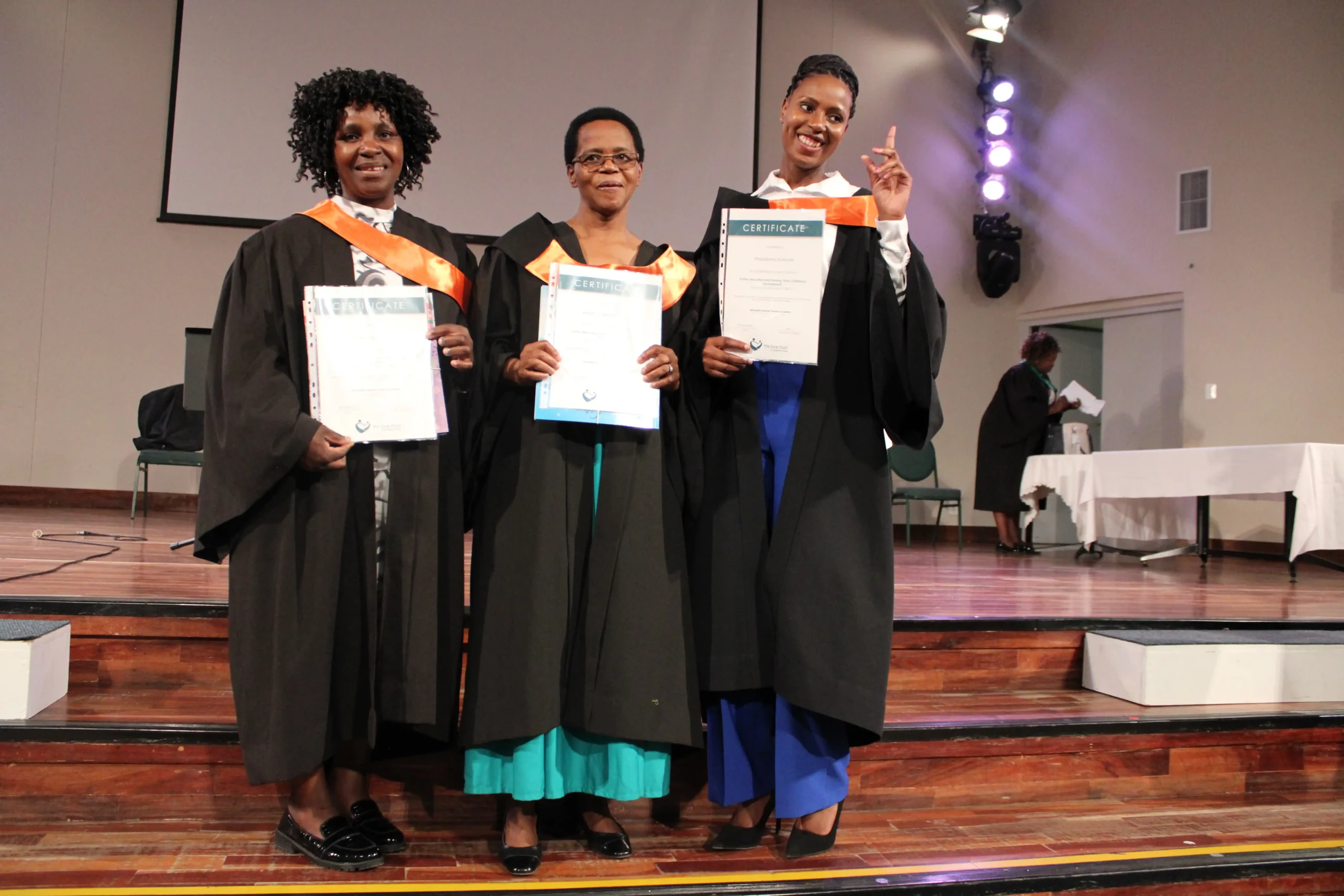South Africa is facing a quiet but pressing crisis: a dwindling number of teachers in classrooms across the country. From overcrowded schools in rural villages to under-resourced early learning centres in urban townships, the consequences are far-reaching. The future of education—and of the nation itself—is at risk.
While teaching has always been more than just a job, today the profession faces immense pressure. With nearly half of South Africa’s publicly paid teachers aged 50 and above, many are expected to retire within the next decade. At the same time, too few new educators are stepping in to fill the gap.
According to a 2022 study by Van der Berg, Gustafsson, and Burger for the Department of Higher Education and Training, South Africa must urgently invest in rebuilding its teaching workforce or risk an irreversible decline in education quality.
The Human Cost of an Undervalued Profession
Despite the enormous emotional, intellectual, and social demands it places on individuals, teaching is one of the most underappreciated professions. Educators play a vital role not only in academics but also in the emotional development and psychological well-being of learners. Yet, many work in challenging environments with long hours, limited resources, and low pay—particularly in Early Childhood Development (ECD) centres, where the workday often begins before sunrise and ends well into the evening.
In these centres, especially in underserved areas, teachers wear multiple hats—from preparing meals to providing daycare—often with little recognition. The misconception that ECD is “just babysitting” undervalues a critical stage in a child’s cognitive development.
It’s no surprise, then, that many talented teachers leave the profession or move to urban areas in search of better opportunities, leaving rural communities chronically short of experienced educators.
Barriers to Growth and Retention
One of the most significant hurdles facing the profession is the lack of ongoing support and professional development. Historically, ECD has been seen as an informal space, leading to underinvestment in training and career pathways. This perception contributes to high dropout rates among aspiring educators and deters potential candidates from even entering the field.
The consequences are clear: without structured mentorship, accessible training, and improved working conditions, South Africa will continue to lose qualified educators at a time when the country can least afford it.
Solutions Rooted in Mentorship, Respect, and Policy Reform
However, there is hope. Organisations such as The Love Trust are working tirelessly to change the narrative around teaching. Through its Nokuphila Teacher Training Academy (NTTA), the organisation equips South African women—many from disadvantaged backgrounds—with the training and practical experience needed to become qualified ECD teachers.
Mentorship plays a central role in this model. By connecting student teachers with experienced mentors in quality learning environments, aspiring educators are given the tools, confidence, and support needed to thrive. Structured workplace agreements ensure that both the student and mentor are actively invested in one another’s success.
Michelle Peters, Head of Training and Facilitation at The Love Trust, summarises it best:
“Education brings change in children, families, and communities. That’s why I got into it, and that’s why I still love to teach. You have to be flexible, creative, empathetic, and always willing to learn, adapt, and grow.”
A Call for Holistic Change
To truly rebuild the profession, South Africa must embrace a multi-pronged approach that includes:
Better salaries, particularly for ECD teachers.
Improved access to mental health support, recognising the emotional toll of teaching.
Increased opportunities for professional development and upskilling.
Policy reforms that acknowledge teaching as a respected, well-compensated profession.
Countries like Australia offer models where early childhood education is both respected and well-paid. There’s no reason why South Africa cannot do the same.
Looking Ahead: A Message of Hope
Despite the current challenges, there is a bright light on the horizon. With the right investment in teacher training, support, and recognition, the country can reverse this decline and build a resilient, well-equipped workforce.
The Love Trust’s recent expansion into Grade 8 at Nokuphila School is just one example of what’s possible when a community believes in the power of education.
Let us rally behind our teachers—not just with words, but with action. Let us pay them fairly, support them emotionally, and honour the role they play in shaping South Africa’s future.
When we uplift our teachers, we uplift the nation.
About The Love Trust
Founded in 2009, The Love Trust is a South African NPO committed to transforming communities through quality Christian education. With programmes spanning early childhood development, teacher training, and holistic learner support, the organisation is building the leaders of tomorrow—one classroom at a time.
“Teaching is the one profession that creates all others. Let’s protect it.”
For media inquiries, contact:
Talitha Luiters
✉️ talitha@innocomm.co.za
📱 082 927 8478







